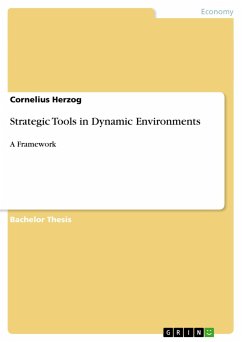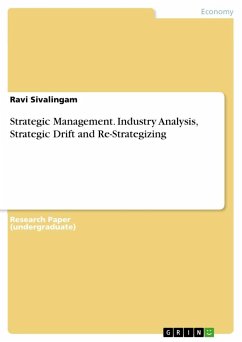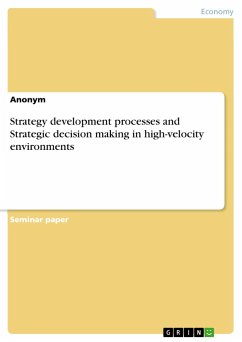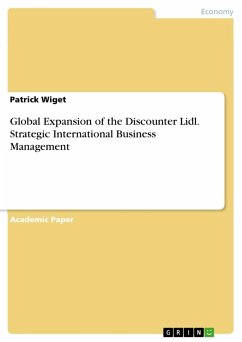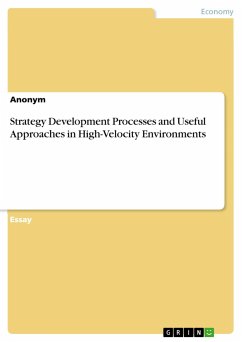Bachelor Thesis from the year 2010 in the subject Business economics - Business Management, Corporate Governance, grade: 1,2, European Business School - International University Schloß Reichartshausen Oestrich-Winkel, language: English, abstract: "The reason why firms succeed or fail is perhaps the central question in strategy" stated Porter. While traditional strategy approaches can soundly answer this central question in stable environments, these approaches are not directly applicable to dynamic environments and there is currently no final and complete answer that determines the causes for a company's failure or success with their strategies in dynamic environments. Nevertheless, there are many examples of companies that outperform their competitors even in dynamic environments, such as Microsoft and Intel, and there are many examples of companies that have not been successful at all, such as Siemens and BenQ with their mobile phone division.One critical point of each strategyis the strategic management process during which the strategy is developed and implemented and during which strategic tools such as the famous SWOT analysis or Porter's five forces are used, for example, to structure or collect data. The purpose of this paper is to explore if strategic tools developed in stable environments are still suitable in dynamic environments or if there are certain constraints. Therefore, the paper builds on existing literature to develop a thorough understanding of dynamic environments and successful patterns of strategy in dynamic environments, and based on this understanding, an analysis framework is developed to analyze several strategic tools.The new finding is that the use of strategic tools is still desirable in dynamic environments, but that there are limitations that must be considered to obtain useful results when using tools. This finding is used to develop a categorization of strategic tools and to propose a new framework for the use of strategic tools in dynamic environments.

